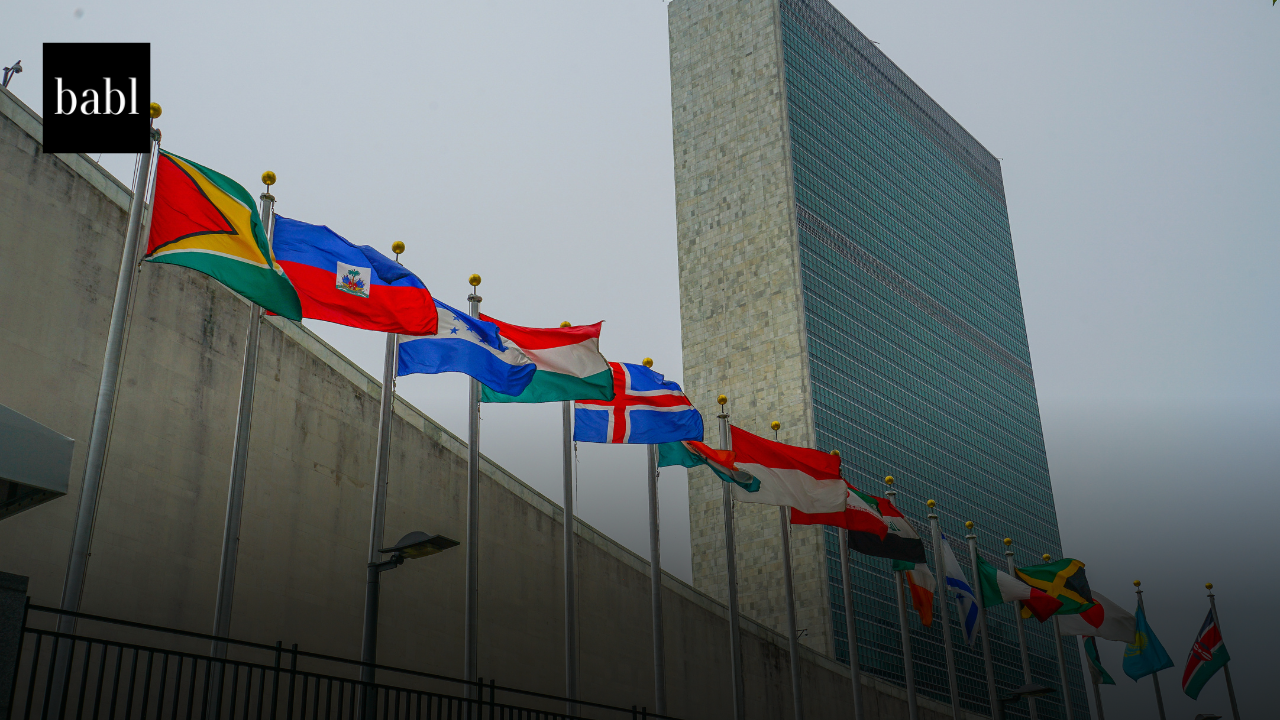UPDATE — AUGUST 2025: Since the UN and OECD announced their AI governance partnership, the initiative has shifted into concrete implementation. By December 2024, the two bodies established a Joint Working Group on AI Governance, drawing experts from the OECD’s AI Policy Observatory, UN agencies, and the Global Partnership on AI. In February 2025, the partnership was folded into the UN’s AI for Humanity framework. It aligns AI oversight with broader digital inclusion, human rights, and data governance reforms under the Global Digital Compact.
In June 2025, the OECD and UN released their first Global Risk & Opportunity Review in Geneva. It highlighted risks such as deepfakes and election interference, vulnerabilities in critical infrastructure, and the urgent need for policies to manage AI-driven labor market transitions. At the same time, the review underscored that governance must protect innovation while building global trust. The partnership is also aligning its work with the EU AI Act’s phased rollout. As well as U.S. Executive Orders, the G7 Hiroshima AI Process, and the African Union’s AI strategy. This is to avoid fragmented regulatory regimes.
Looking ahead, the UN General Assembly will debate an AI governance resolution later in 2025. OECD analysis expected to guide discussions. A second joint report is planned for 2026. Early talks are underway on creating a voluntary international AI safety registry for high-risk models. This is being jointly overseen by the UN and OECD. Together, these steps mark the first real attempt to build a minimum global baseline for AI safety and responsible deployment.
ORIGINAL NEWS STORY:
OECD and UN Announce Enhanced Collaboration on Global AI Governance
The Organisation for Economic Co-operation and Development (OECD) and the United Nations (UN) recently announced a new partnership focused on global artificial intelligence (AI) governance. The initiative was unveiled during the Summit of the Future at UN headquarters in New York and aims to create a unified global framework for managing AI’s opportunities and risks.
Ulrik Vestergaard Knudsen, Deputy Secretary-General of the OECD, and Amandeep Singh Gill, the UN Secretary-General’s Envoy on Technology, jointly announced the effort. Both leaders stressed the need for collaboration to ensure AI systems are developed responsibly and inclusively. Gill said the speed and scope of AI’s evolution require global policy networks to act quickly and cohesively. “I am delighted that the OECD and the UN will link their efforts to help governments improve the quality and timeliness of their policy response to AI’s opportunities and its risks,” he stated.
Science-Based Assessments at the Core of the Partnership
The collaboration will center on regular, evidence-based evaluations of AI technologies. The OECD will contribute its technical and analytical expertise, while the UN will leverage its international reach to promote adoption across member states. Knudsen emphasized that scientific rigor must guide AI oversight. “Evidence-based assessment must be at the heart of global AI governance,” he said. “This partnership takes a significant step toward that goal by combining the OECD’s capabilities with the UN’s global reach.” Through this joint effort, both organizations aim to help governments design policies that manage AI responsibly while fostering innovation and public trust.
Building on Existing Global AI Initiatives
The OECD has already laid a strong foundation in AI policy through its AI Policy Observatory and the OECD AI Principles, which promote transparency, accountability, and trust. Its Global Partnership on AI (GPAI)—hosted at the OECD—brings countries together to collaborate on ethical AI research and development. By linking with the UN’s digital agenda, the partnership strengthens global governance mechanisms and promotes consistency across emerging AI frameworks. Together, they seek to ensure that AI serves humanity through shared standards and cooperative oversight.
Need Help?
If you’re wondering how any AI regulation might affect your organization, reach out to BABL AI. Their Audit Experts can address your concerns and questions while offering valuable insights.





